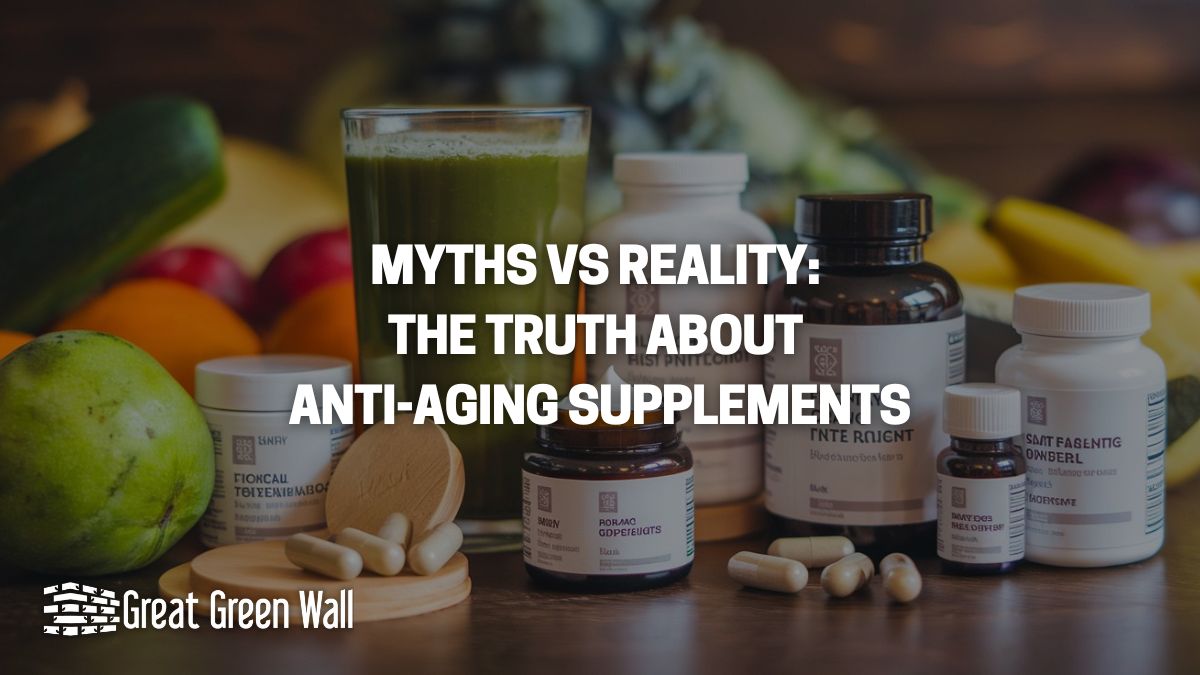Some dietary supplements are believed to have anti-aging benefits, potentially supporting a longer, healthier lifespan. Examples include ginkgo biloba, ashwagandha, L-theanine, berberine, resveratrol, antioxidants, and nicotinamide supplements. However, do these anti-aging supplements actually work?
key findings
What does the supporting evidence look like? Read on to learn about some of the data behind supplements purported to boost longevity.
Defining "Evidence-Based"
Various treatment approaches are promoted as “evidence-based” or “evidence-backed,” — but what does that mean? Before we get into the evidence behind various anti-aging dietary supplements, it’s important to have a general understanding of different types of scientific research.
Evidence-based practice (EBP) is a process used to review, analyze, and translate current scientific evidence into clinical practice so that practitioners can make the best possible recommendations for a patient’s care. Generally, EBP considers clinical (human) evidence as stronger data than preclinical studies, e.g., laboratory research, such as studies in mice or test tubes.
Preclinical studies are often done on animal models to assess the safety of a particular treatment. Clinical research primarily focuses on the effectiveness of the investigational drug or substance in human subjects while continuing to monitor the safety profile.
When a particular compound or dietary supplement has only preclinical research or limited clinical studies to support its use, the evidence must be considered with a grain of salt. The results of animal studies do not always accurately predict human results — a substance showing promising results in preclinical studies may show no effect in human trials.
For example, a 2019 study demonstrated that though humans and mice can share many of the same genes, their bodies function very differently. Therefore, drugs or supplements found to be effective in mice may be less readily utilized by human cells and show different results.
Anti-aging supplement claims explained:
Aging is a natural process. Like the passage of time, aging cannot be stopped. However, there are steps we can take to support aging healthfully, potentially increasing the ability to enjoy life as we get older. Healthy aging can occur through lifestyle interventions, such as physical activity, a healthy diet, connecting with others in meaningful ways, carefully managing medical conditions, limiting exposure to toxic substances, such as tobacco products, and wearing sunscreen. Keep in mind that taking certain dietary supplements or prescription drugs is not a substitute for healthy lifestyle choices.
Below, we’ll look at some specific claims related to several popular dietary supplements that people take for anti-aging and longevity benefits and evaluate if they are unlikely myths or possible realities.
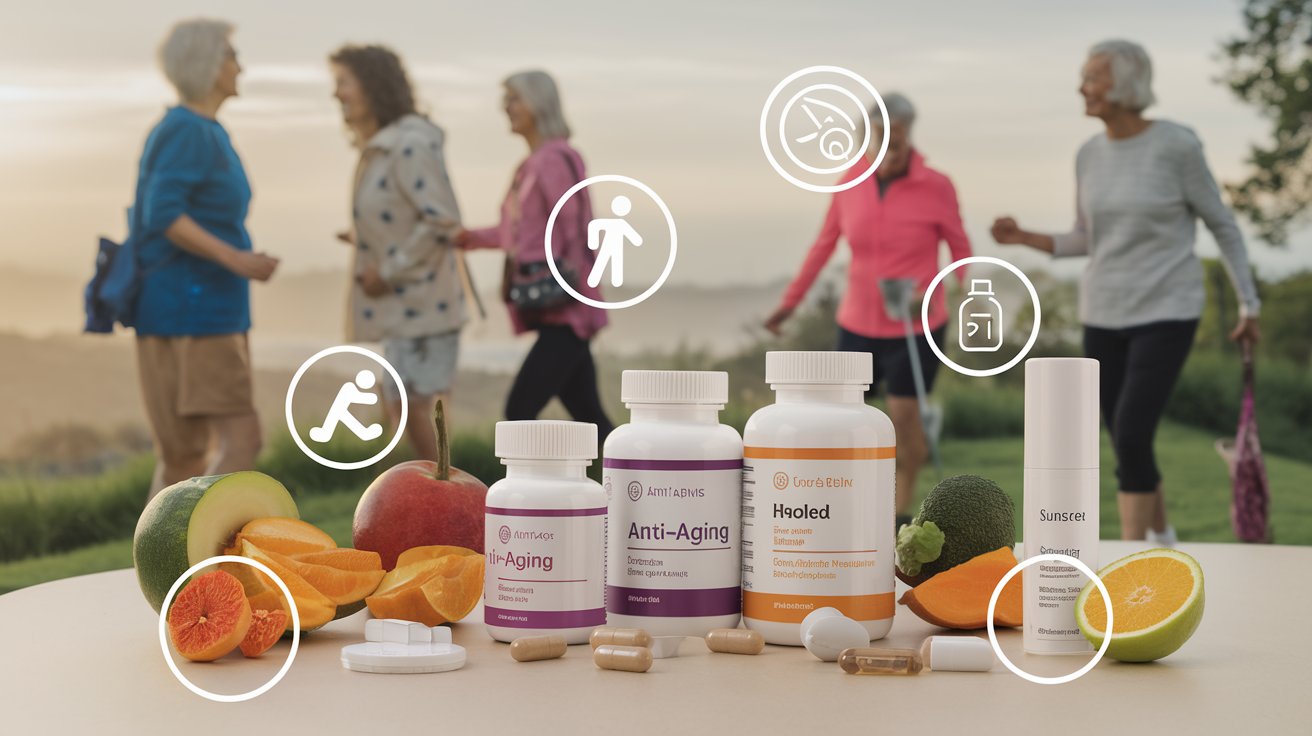
Claim 1. Berberine Increases Lifespan
Myth. This statement is too general to fit into the “real” category, but more research is necessary to rule it out completely. Preclinical data suggest that berberine supplementation extended the lifespan of fruit flies. How about more relevant human data? A 2021 meta-analysis suggests berberine use is associated with reductions in obesity and improvements in cholesterol and type 2 diabetes. While these results are promising, more investigations are needed to assess the direct efficacy of berberine on lifespan.
Claim 2. Ginkgo Biloba Prevents age-related memory decline
Possibly, but the evidence is mixed. Ginkgo biloba has been shown to improve symptoms of various types of dementia but does not seem to prevent dementia or slow its progression.
Some preliminary clinical research on ginkgo biloba demonstrates a slight benefit on memory and intellectual function in people with age-related memory impairment. However, most clinical research in older people with normal cognitive function shows that ginkgo supplementation does not improve memory or attention.
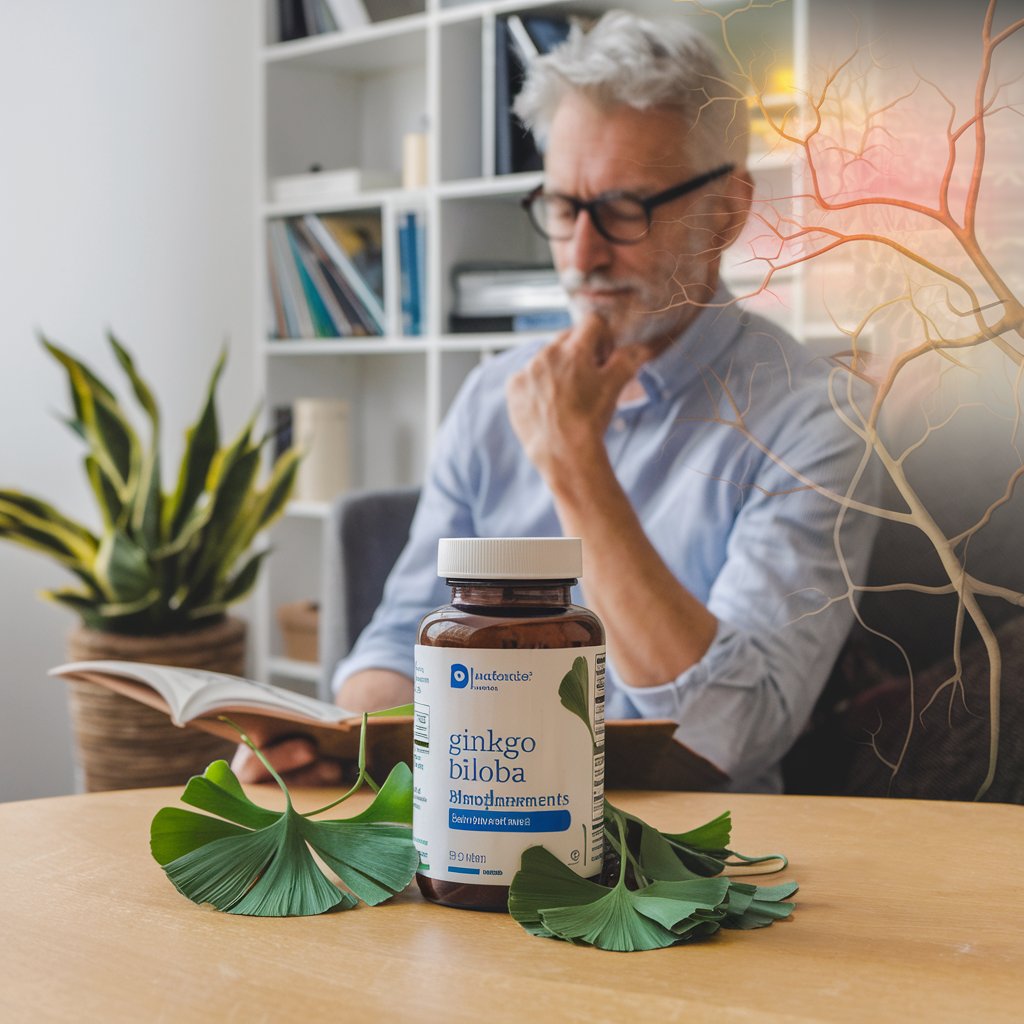
Claim 3. Resveratrol improves health in people with obesity
Perhaps. Recent data suggest that resveratrol may play a role in improving health outcomes in people with obesity. A meta-analysis comparing 28 clinical trials showed that taking resveratrol decreases body weight by 0.5 kilograms compared to a placebo or no intervention. These trials included patients of average weight and those with obesity or overweight, with the most benefit seen in those who are obese.
Weight reduction can lead to longevity benefits overall by improving cardiovascular health, diabetes prevention, and some cancers. With data showing resveratrol can decrease body weight in obese individuals, resveratrol supplements may also benefit longevity by prolonging life and preventing diseases or other complications.
Claim 4. NMN and NR slow the effects of aging
Maybe. Nicotinamide riboside (NR) and nicotinamide mononucleotide (NMN) is essential to the life of cells, declining in the body as people age. A small study of 12 men found that NR reduced inflammation-related proteins. Another study found lengthened telomeres in mice and people, indicating a positive effect on aging. However, more extensive studies are needed to assess if NR and NMN play a role in postponing aging.
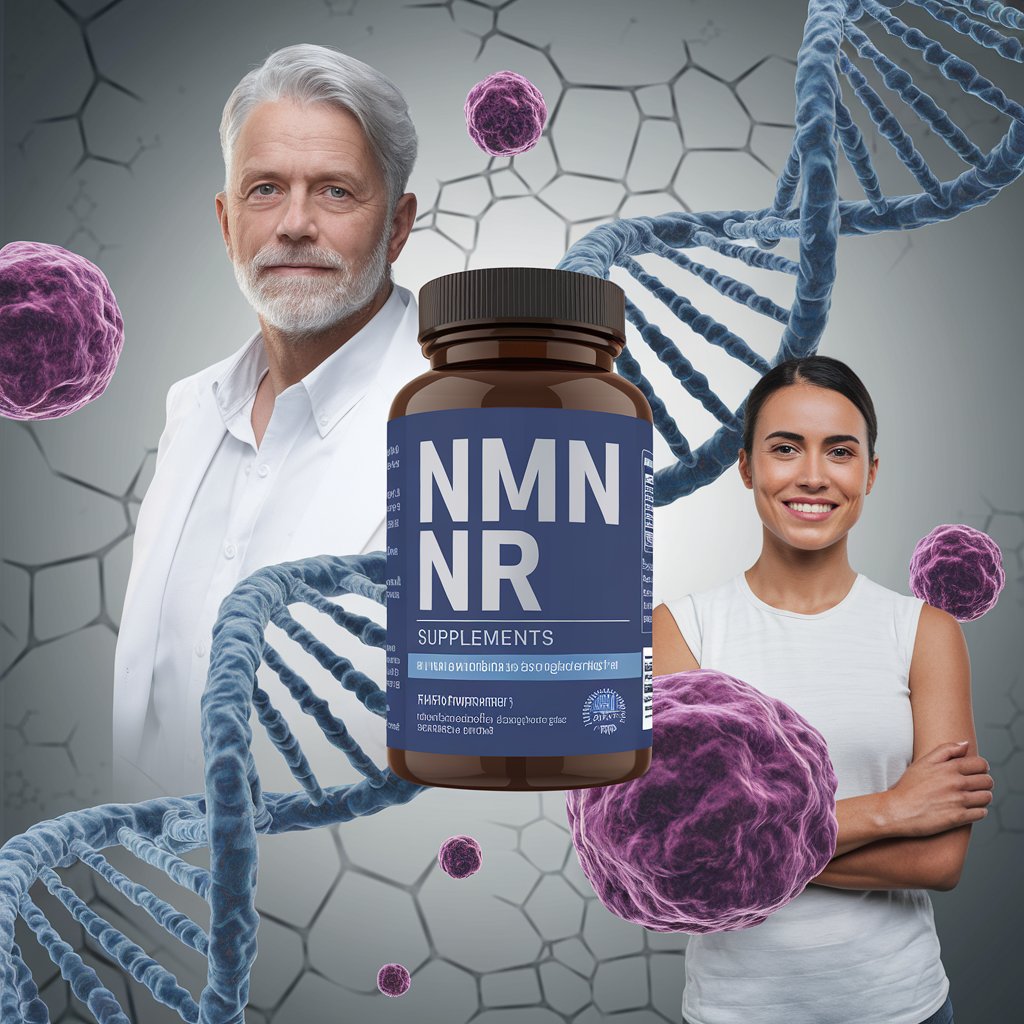
Claim 5. Antioxidants postpone the aging process
Perhaps. Recent data suggest that antioxidants have demonstrated promising results in preclinical studies that delay the development of age-related disorders such as rheumatoid arthritis, skin aging, macular degeneration, and neuroinflammation. However, more studies are needed to solidify these results.
Oxidative stress is due to the damage of biomolecules and expressions of various genes, specifically those involving aging pathways. Because of this, antioxidants serve as a prospective therapy target for anti-aging.
Recent evidence shows that antioxidants can also help reduce the shortening of telomeres. The shortening of telomeres depends on the number of divisions a cell has undergone, with shorter telomeres indicating higher oxidative stress. Antioxidants can thus reduce the shortening of telomeres, promoting longevity benefits.
These preliminary results indicate that antioxidants may slow down normal bodily aging; however, more studies are needed to say for certain.
Claim 6. L-theanine keeps your brain sharp
Possibly. Research suggests that L-theanine may improve cognitive function, though it is unclear if caffeine must be used in conjunction to produce this effect. A meta-analysis demonstrates that a combination of L-theanine plus caffeine improves alertness and accuracy on tests but does not improve reaction time.
Additional studies show that L-theanine plus caffeine can improve cognitive performance and reduce fatigue from completing tasks compared to no treatment. However, it remains unclear whether these effects are due to the combination of L-theanine or caffeine. In addition, there is conflicting evidence that the combination of the two shows no benefit compared to using either L-theanine or caffeine individually.
Therefore, more studies are necessary to confirm the effectiveness of L-theanine in reducing age-related cognitive function.
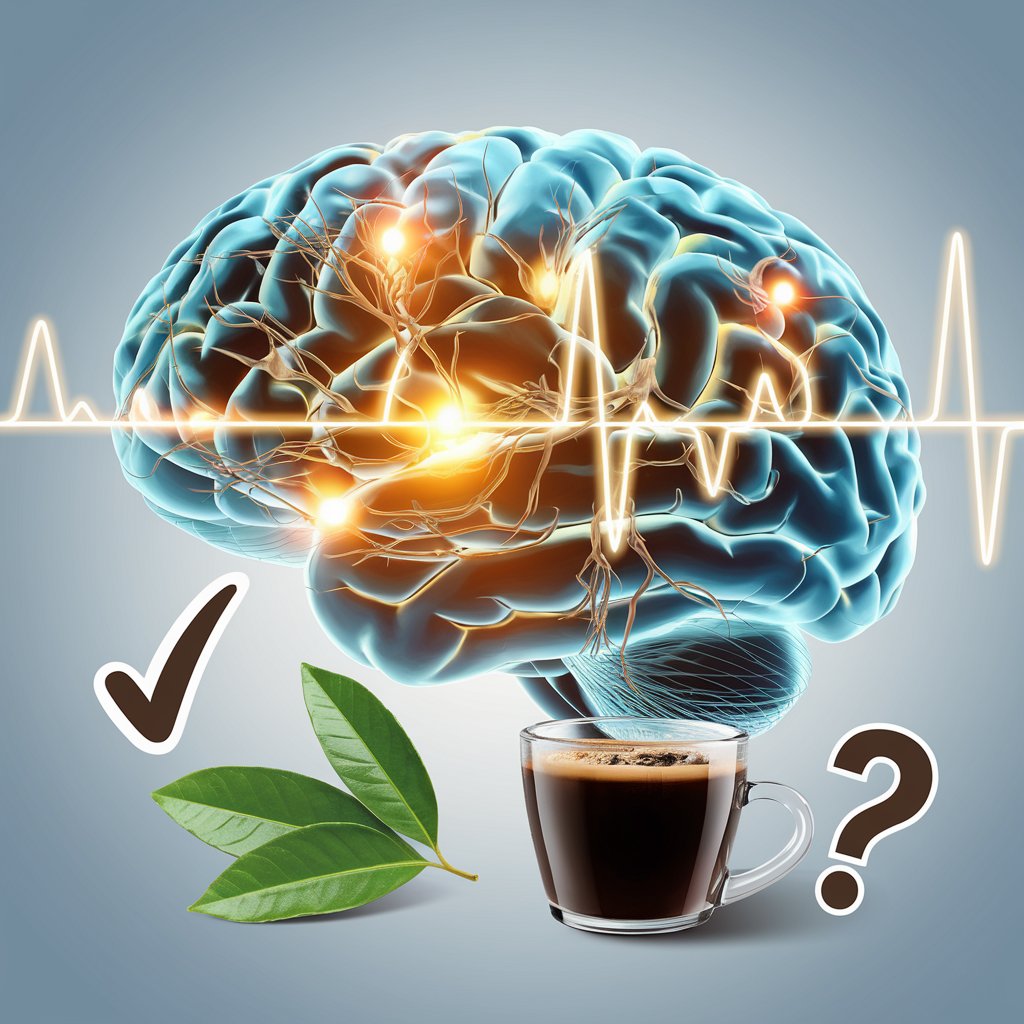
Claim 7. Ashwagandha combats age-related decline in body function
It’s not likely. However, new evidence suggests that oral ashwagandha may improve sleep, alertness, and well-being in older people. In adults aged 65-80, taking ashwagandha root extract daily for 12 weeks improved well-being, sleep quality, and mental alertness by small to moderate amounts compared to a placebo.
This study, though small, is promising. However, more research and larger studies are needed to say whether ashwagandha benefits aging definitively.
Data on supplements' roles in aging and longevity does not clearly show anti-aging benefits. Clinical data and more extensive studies are needed to prove that supplements are effective in postponing aging. In addition, taking dietary supplements cannot replace a healthy lifestyle. Maintaining an active lifestyle and caring for yourself is essential to ensure healthy aging.
Author: Patricia Weiser, PharmD
Patricia Weiser is a licensed pharmacist and health content creator. She earned her Doctor of Pharmacy degree from the University of Pittsburgh School of Pharmacy in Pittsburgh, Pennsylvania. Drawing on 14 years of clinical experience, Patricia now manages PW Medical Communications, where she produces content to educate and inspire healthier living.

